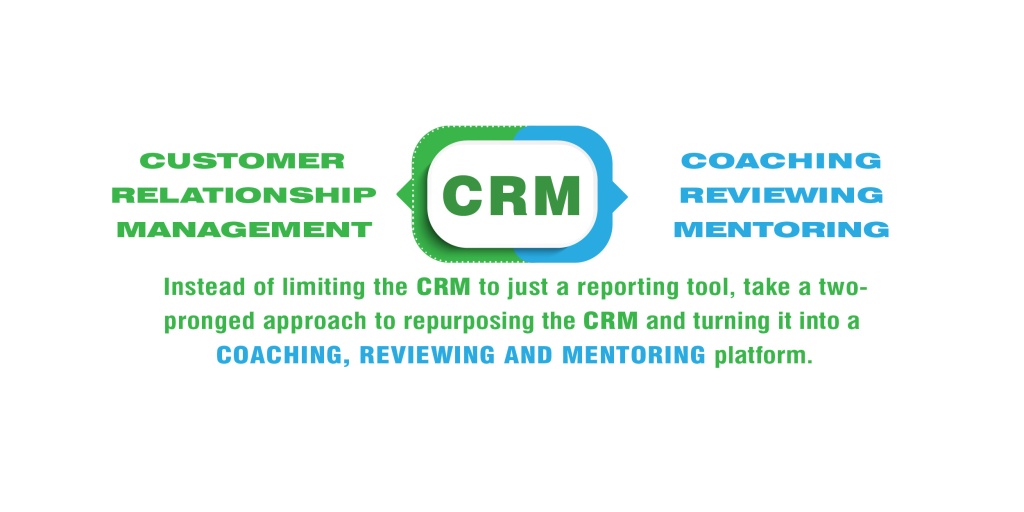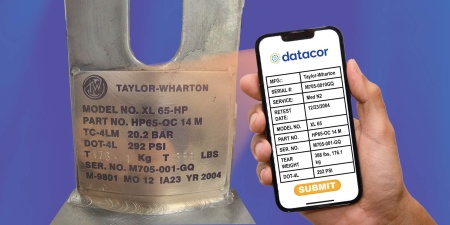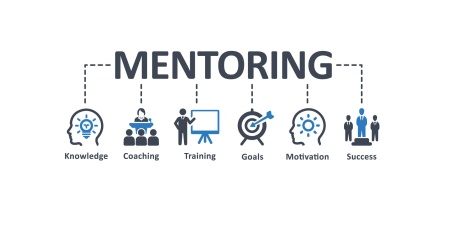
By Jay Spielvogel, Venator Sales Group, LLC
One of the most common complaints we hear from sales leadership is the challenge with driving consistent usage of the company CRM. No matter the size of the distributorship, sales managers from across the gas and welding industry share the same frustration.
“Our salespeople are treating the company CRM as a glorified rolodex.”
“We have invested in expensive technology and our salespeople still aren’t using it properly!”
Sound familiar?
At Venator, we have a saying, “You can’t coach what you can’t see, and you can’t manage what you don’t look at.” If we are going to encourage the sales team to use the CRM, first we must drive management to use it as a coaching tool. All too often, we see companies attempt to make up for their lack of coaching culture by investing in CRM applications, thinking the more money they spend on administrators and consultants to customize reports and dashboards, the more they will optimize the sales team’s use of CRM. Although the intentions are good, these solutions only cause confusion, frustration, a sense of being micro-managed, and a minimalist approach to entering notes. At best, salespeople are inconsistent in their use, at worst they refuse to use it altogether.
It Must Start With Management
Most companies are learning that technology does not fix foundational management issues. For sales management to show their commitment to the technology and to the team’s success, it will require going far beyond reviewing activity dashboards, reports, and exported pipeline spreadsheets. If sales managers are not engaged and reviewing weekly call notes, opportunities at ALL stages of the pipeline as well as behavior patterns related to hunting and closing, then the organization would be better tracking opportunities in spreadsheets and paper call logs. A company CRM should be a tool for improving management coaching, not a band aid for lack of it.
Communication is Key
If we are going to solve the problem, we must evaluate how we are communicating with our sales team. For example, consider the typical email a manager sends to their team about their CRM usage. For most, the focus is on keeping the opportunity pipeline current – asking the team members to update their opportunities by the weekend so the manager can compile their reports. What message is this sending about the value of the CRM beyond opportunity tracking?
What if, instead, the email suggested that they update all meeting and call notes, new contacts found, as well as their opportunity pipeline with next steps, in prep for the weekly coaching session? The key to driving adoption of the CRM is to transform it from being a reporting technology to becoming a communication tool.
Repurposing Your CRM
Instead of limiting the CRM to just a reporting tool, take a two-pronged approach to repurposing the CRM and turning it into a Coaching, Reviewing and Mentoring platform.
Fusing sales process and CRM – Drive all the communication into the company CRM by integrating coaching tools into the system. You can use the ability in most applications to create custom forms, commonly referred to as CRM objects. These custom objects can include Pre-call Plans, Deal Debrief forms, Account Expansion plans, Weekly Sales plans and Large Account Targeting tools. These custom objects drive CRM engagement and adoption of the company sales process by adding structure to the communication between managers and their salespeople.
It is critical that these tools are not viewed as busy work. They are meant to help managers work with salespeople during team meetings and coaching sessions. By rolling up their sleeves and coming alongside their salespeople, management is leading by example and driving change from the top-down.
Taking the time to review the data – The second prong in repurposing the CRM is to use a scorecard when offering feedback and guidance. We see too many companies trying to drive compliance using a fear-based approach, reducing commission if the deal is not in the CRM. This tactic rarely works. Salespeople will carelessly add information at the last minute, simply to avoid penalty. When a manager is willing to take the time to fully review a salesperson’s account and contact activity, pipeline details, and all call notes from the week, it completely changes their level of engagement with their reps. Using a scorecard to give feedback on detailed information added to CRM goes beyond glancing at the summary data generated by a report.
A manager can use a scorecard to offer feedback for three categories:
- Compliance – Did the salesperson do what was expected and asked of them?
- Accountability – Did the salesperson do what they said they would do?
- Critical Thinking – Did they use the company sales process and think through each step?
This approach will create a culture shift that significantly changes the function of the company CRM.
If we want our salespeople to stop minimizing what they put into the CRM, we need to maximize what we get out of it, and ultimately, how we use it.









